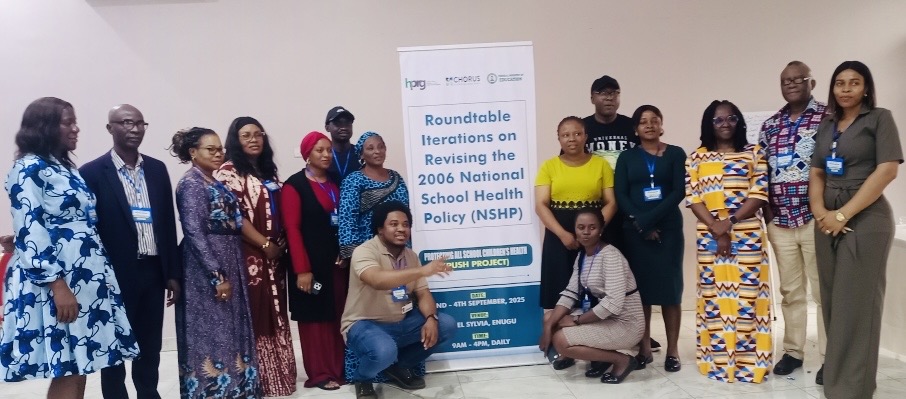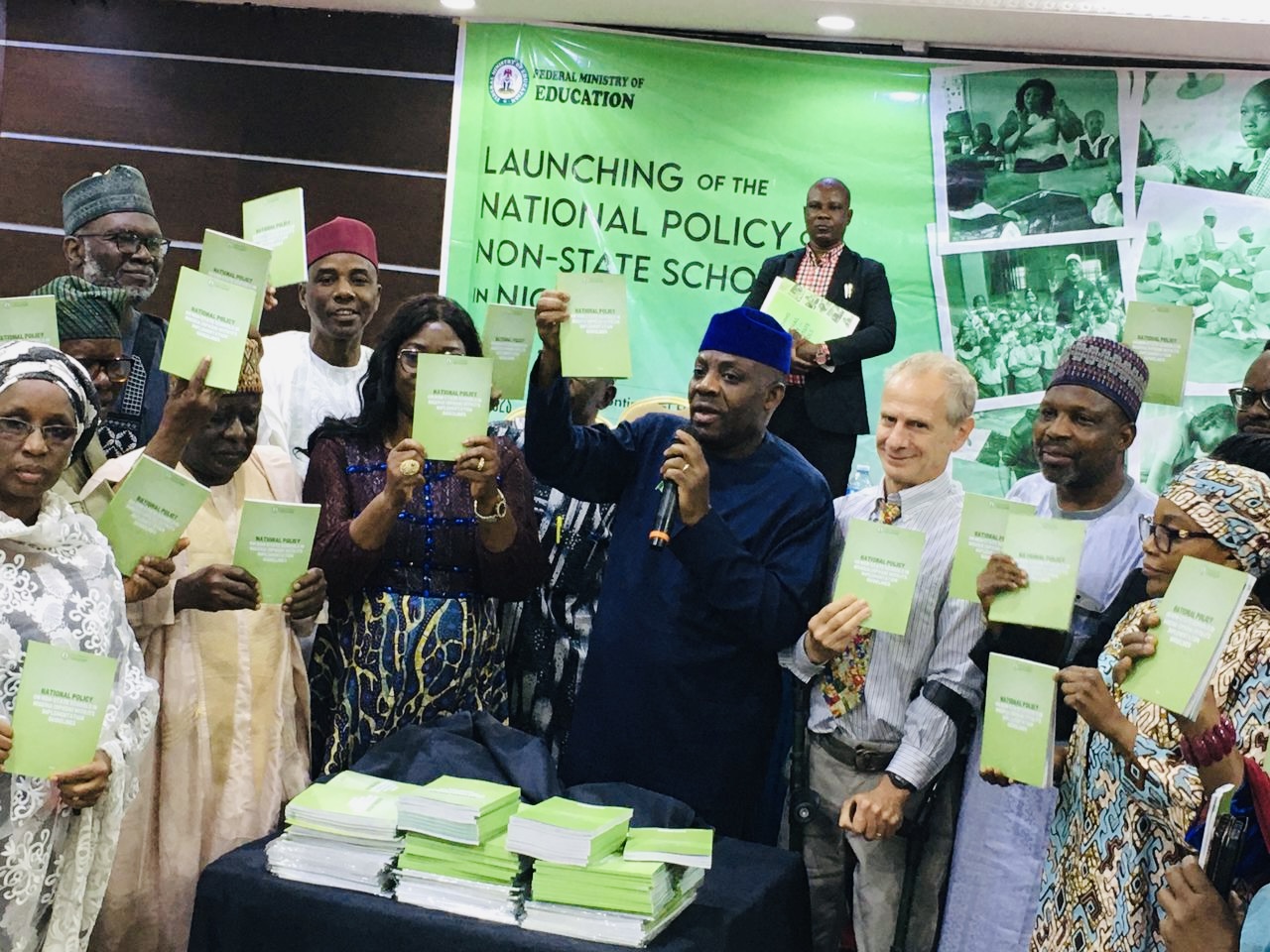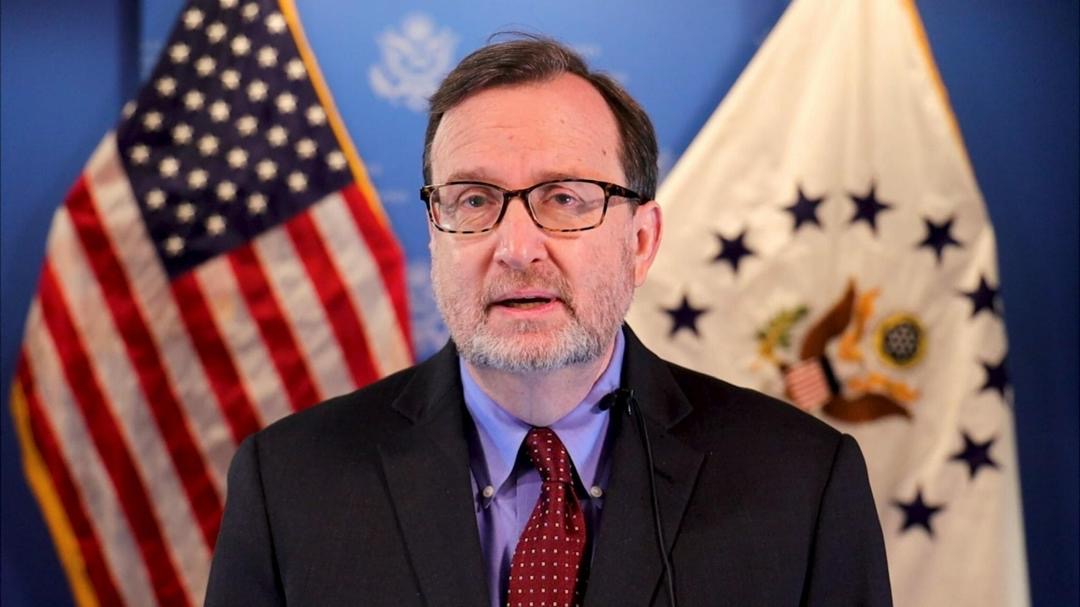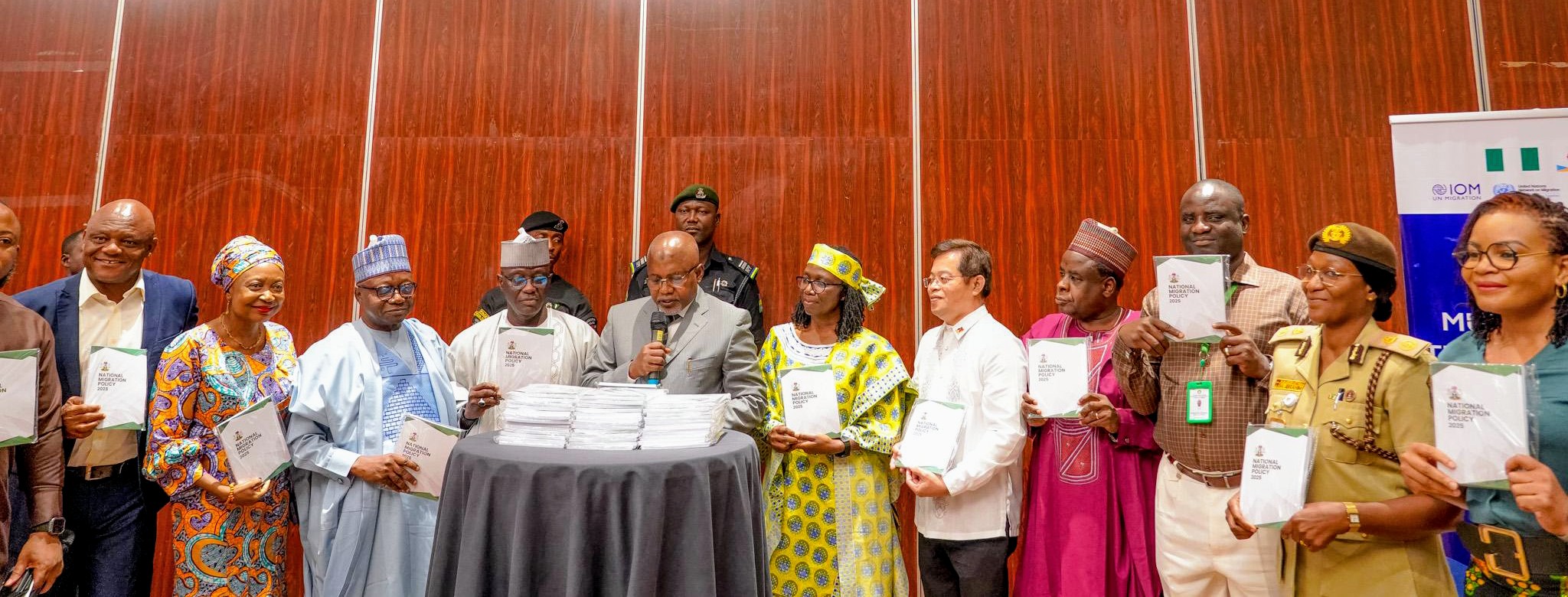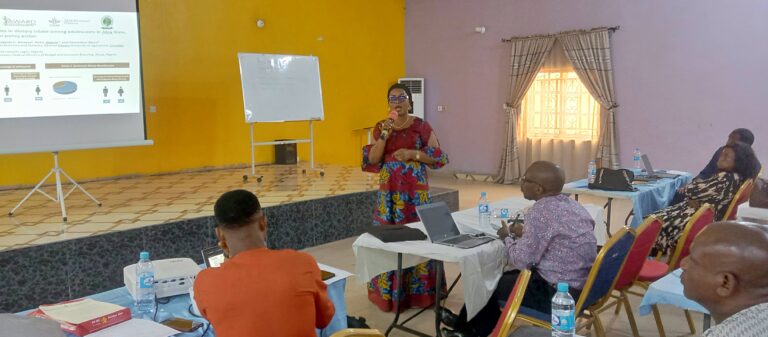Stakeholders urge review of 2006 National School Health Policy
By Alex Enebeli
Stakeholders in health and education sectors, have pushed for the review of 2006 National School Health Policy (NSHP) to meet the present health conditions school children face.
They made the move during a “Roundtable Iterations on Revising the 2006 NSHP,” organised through Protect Urban School Children’s Health (PUSH) project led by University of Nigeria’s Health Policy Research Group (HPRG), on Friday in Enugu.
The News Agency of Nigeria (NAN) reports that the project is supported by the River State Ministry of Health, University of Dundee, Scotland, United Kingdom and CHORUS Urban Health Research Consortium.
The stakeholders were representatives of the Federal Ministries of Education, Health and Social Welfare, Women Affairs and Budget and Economic Planning, World Health Organisation (WHO) and Nigeria Centre for Disease Control (NCDC).
Others were the United Nations Educational, Scientific and Cultural Organisation (UNESCO), National Primary Healthcare Development Agency (NPHDA), Enugu State Primary Healthcare Development Agency, Paediatrics Association of Nigeria (PAN).
Speaking at the event, the Principal Investigator PUSH project, Dr Prince Agwu, said the review, revise and fully implementation of NSHP was necessary to accommodate emerging health issues of children across schools in Nigeria.
Agwu said during the policy review for the project, they discovered that a lot of policies pertaining the health and well-being of children such as the Child Rights Act, National Policy on the Health and Development of the young people were not effective.
According to him, the group also discovered that the school-based health services were not optimal, alarming neglect of essential health indicators and complete breakdown of links between schools and health system, particularly primary healthcare.
“The consequences of these failings reflect a lack of collective and committed attention to the health of school children evidenced by an outdated school health policy,” he said.
He equally listed governance, financing operational plans and implementation as some of the issues in 2006 NSHP, adding the group had been able to contribute by developing a new chapter which they were recommending to be added to the policy.
The principal investigator explained that they deployed series of research methods such as qualitative, quantitative and geographic information system to study the various health challenges facing by students and pupils.
“It was in that process, it became clear that we need to work on the national school health policy to meet the current realities.
“We held policy dialogue by engaging children. So we made sure that the voices of children are well integrated into the evidence we have produced.
“We are hoping that the Federal Ministry of Education, as a team will continue working with us to see how we can push this policy to the next phase of validation and implementation based on evidence we produced,” Agwu said.
Mr Ogwuche Itodo, the Assistant Director, Programmes, Federal Ministry of Education, noted that the policy had been long overdue for revision, pledging the ministry’s commitment to work on the new evidence to achieve inclusive healthcare for students.
“By the grace of God, we’ll put our report to the Permanent Secretary for onward transmission to the National Council on Education who takes decisions on the issue of education.
“Once that is done, the whole state, the local government will have a key, and then the policy will be implemented,” Itodo said.
Contributing, the Senior Medical Officer, NPHDA, Dr Peter Wuya, noted that the operationalisation of the policy had been obsolete, hence the need to revise it to meet present day situation.
Wuya explained that different stress disorders, learning disabilities and emerging issues such as addiction from social media, sexual perversion, abuse drug and abuse disorders that school children face would be tackled in the new policy.
He added that primary healthcare centre were being renovated and revitalised with adequate infrastructure, human resources to provide 24-hour services to people.
On her part, the Professional Officer, Education Sector, UNESCO, Oyebukola Adeleye, assured of the organisation’s willingness to provide technical support to ensure that new health policy was produced for students.
The President, Paediatric Association of Nigeria (PAN), Prof. Ekanem Ekure, represented by a member of the group, Prof. Maduka Ughasoro, said the policy would ensure that schools were optimal in terms of good structure, ventilation, lightning and adequate meal.
He said the new curriculum would look into issues concerning health, physical education, wonderful environment and serve as the linkage between the schools and communities. (NAN)
Edited by Vivian Ihechu



